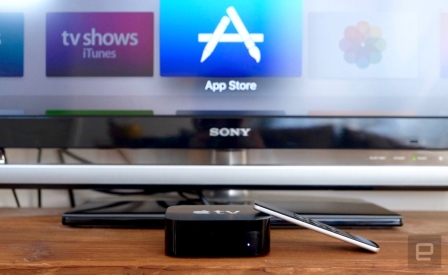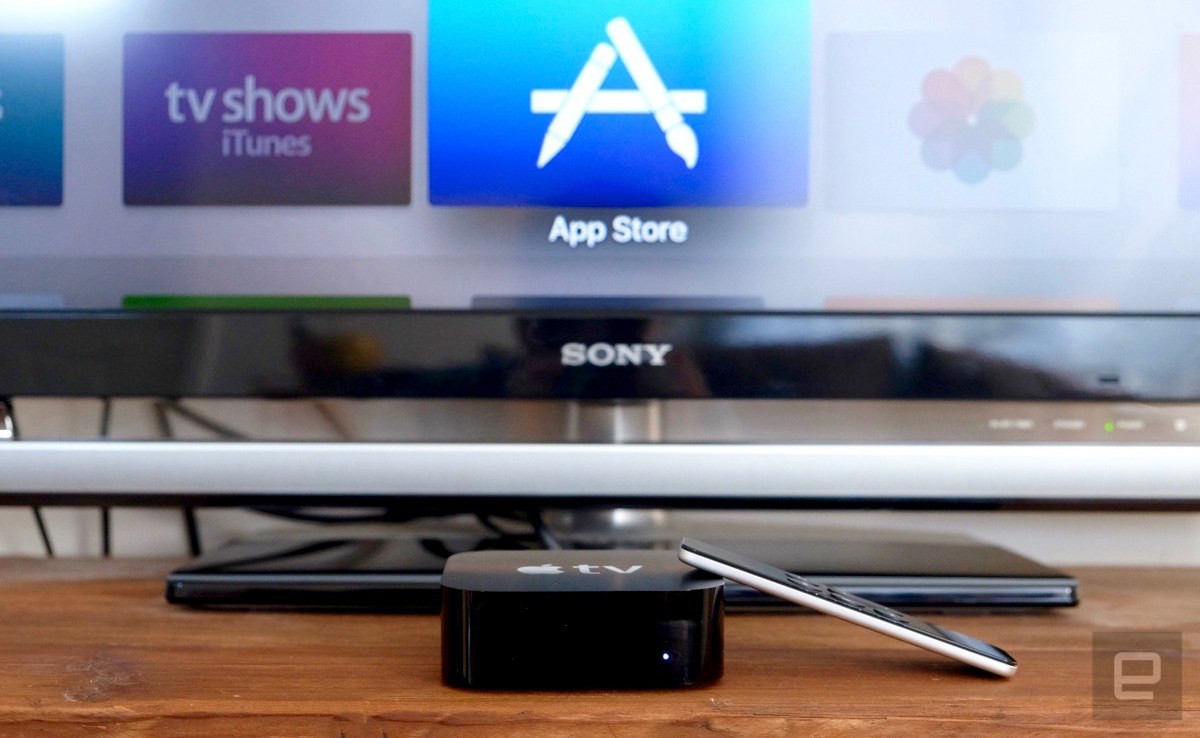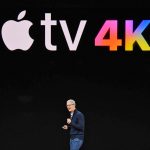Apple’s negotiation tactics might be hurting its TV plans
We’re nearly a year into the era of the newest Apple TV, which packs plenty of power, access to apps and a reworked remote with Siri voice control. Despite the new hardware, rumors of a big Apple push into TV still haven’t turned into anything real. A report from the Wall Street Journal may help explain why by claiming negotiations with companies like Comcast and Time Warner Cable fell apart over things like how much the cable companies would pay Apple and how they would share customer information.
Attempts to bypass cable companies and negotiate directly with studios are said to have fallen apart in a similar fashion. The sides couldn’t work out which channels to include, if rates would increase annually the way they do with cable, or on implementing features customers want like a cloud DVR and the ability to skip ads. The studios are also leery of ceding too much control to Apple, aware of the influence it has gained in industries like music and books. Instead, Apple’s strategy — for now– seems to revolve around incremental improvements to the experience on Apple TV and picking up content like Carpool Karaoke to fill out its Apple Music package.
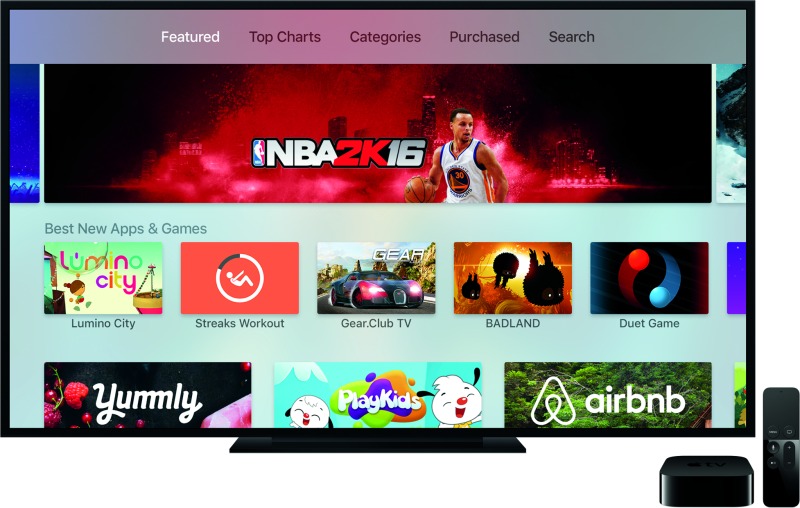
As I wrote in 2012 (when Apple television rumors were still a thing) despite the obvious reasons why Apple would want to be in the TV market, it has to deal with incumbents who are currently raking in massive amounts of money under the current setup. They have little incentive to make the special kinds of deals Apple wants so that it can control the customer experience to its liking. The only thing that may change that is if the business changes dramatically or regulations somehow force the industry into a new deal, and so far, neither has occurred.
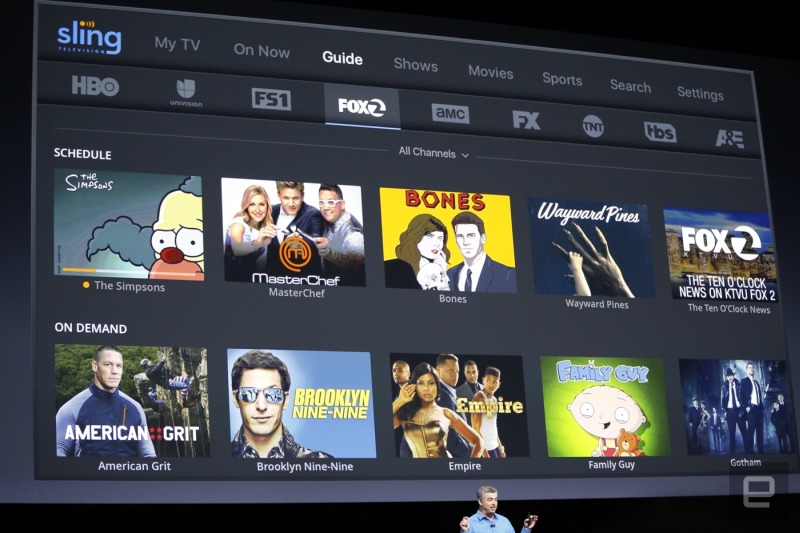
At the moment, TV companies have dug into their positions deeper than ever. Dish is pushing Sling TV, AT&T purchased DirecTV and Hulu is… still trying. Comcast failed in an attempt to buy Time Warner Cable, launched a streaming TV service that it’s failed to expand beyond a couple of cities, and is pushing its next-gen X1 cable boxes. Time Warner’s HBO finally launched an internet-only version of its channel (that was initially exclusive to Apple products), while CBS has already signed up millions of customers for its apps — the list could go on and I haven’t even mentioned worldwide TV provider Netflix or Amazon Prime.
Apple CEO Tim Cook:
On the Apple TV question…you shouldn’t look at what’s there today and think we’ve done what we want to do. We’ve built a foundation that we can do something bigger off of.
It seems inevitable that someday, Apple will get to show and prove its vision for the future of TV. While the TV industry reacts to shrinking subscriber and sales numbers, Apple’s latest earnings report showed lower sales numbers that could make it more eager to strike a deal and CEO Tim Cook suggested on the earnings call that his company would do more with TV in the future. The only problem? We’ve heard that before, back in 2012, and with SVP Eddie Cue reportedly telling people “time is on my side” it’s hard to say who will blink first, if ever.
(26)

